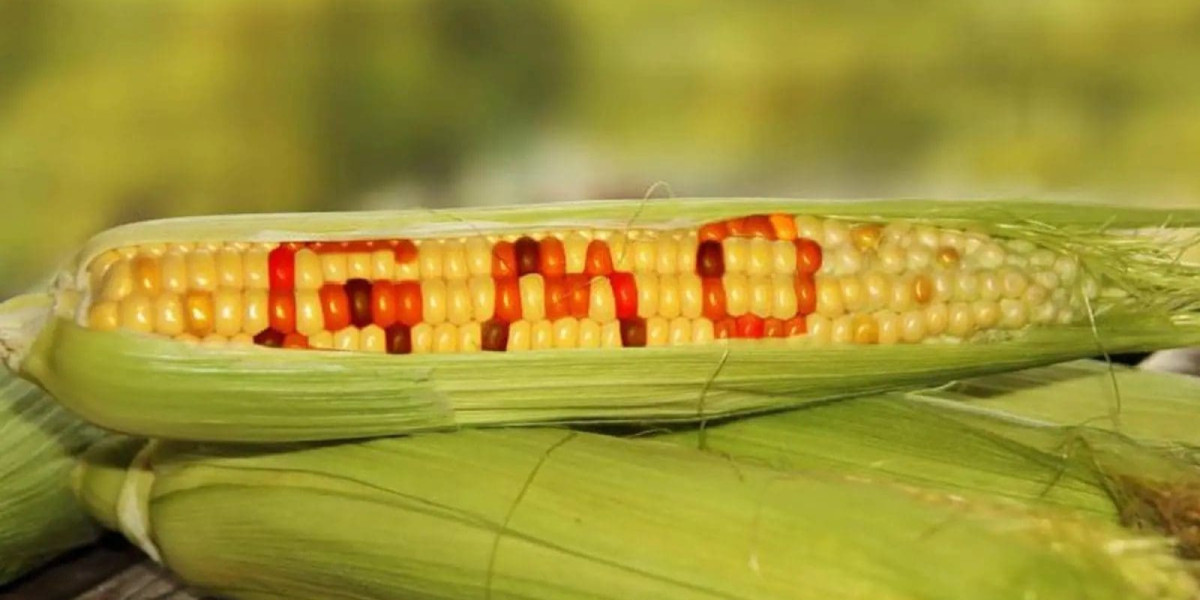Amidst growing concerns over the safety and sustainability of genetically modified organisms (GMOs), the Ghanaian government has sparked controversy by approving the commercialization of 14 novel GM products. The Ghana National Biosafety Authority (NBA) recently granted permission for the release of eight genetically modified maize varieties and six genetically modified soybean products onto the market, despite widespread opposition from environmentalists, health experts, and local farmers.

Critics of GMOs have long warned about the potential negative effects associated with their cultivation and consumption. These concerns range from environmental degradation and biodiversity loss to health risks and socioeconomic implications. Here are some of the key reasons why many advocate against the adoption of GMOs:
Environmental Risks: GMO crops can pose threats to natural ecosystems by potentially leading to the emergence of superweeds and disrupting the balance of local flora and fauna. Moreover, the extensive use of GM crops often necessitates increased pesticide usage, which further contributes to soil and water pollution.

Health Concerns: While proponents of GMOs argue that they undergo rigorous safety assessments, some studies suggest potential health risks associated with their consumption. These risks include allergenic reactions, antibiotic resistance, and long-term health impacts that may not be immediately apparent.

Socioeconomic Implications: The widespread adoption of GMOs can exacerbate inequalities within the agricultural sector, as small-scale farmers may face difficulties competing with large agribusinesses that dominate the production and distribution of GM seeds. Additionally, the patenting of GM seeds by multinational corporations raises issues of intellectual property rights and farmer sovereignty.
Despite these warnings and the availability of alternative approaches to agriculture, such as organic farming and agroecology, the Ghanaian government continues to promote the adoption of GMOs. This decision has sparked outrage among civil society organizations and grassroots movements advocating for food sovereignty and sustainable agriculture.

Many argue that instead of relying on genetically modified crops, the government should prioritize supporting local farmers and promoting indigenous agricultural practices. By investing in the development of resilient, climate-smart farming techniques and strengthening local food systems, Ghana can enhance food security, protect biodiversity, and safeguard the health and livelihoods of its citizens.

As the debate over GMOs continues to intensify, it is imperative for policymakers to consider the long-term implications of their decisions on both people and the planet. Only through inclusive dialogue and evidence-based decision-making can Ghana navigate the complex challenges posed by modern agricultural technologies while ensuring a sustainable future for all.



